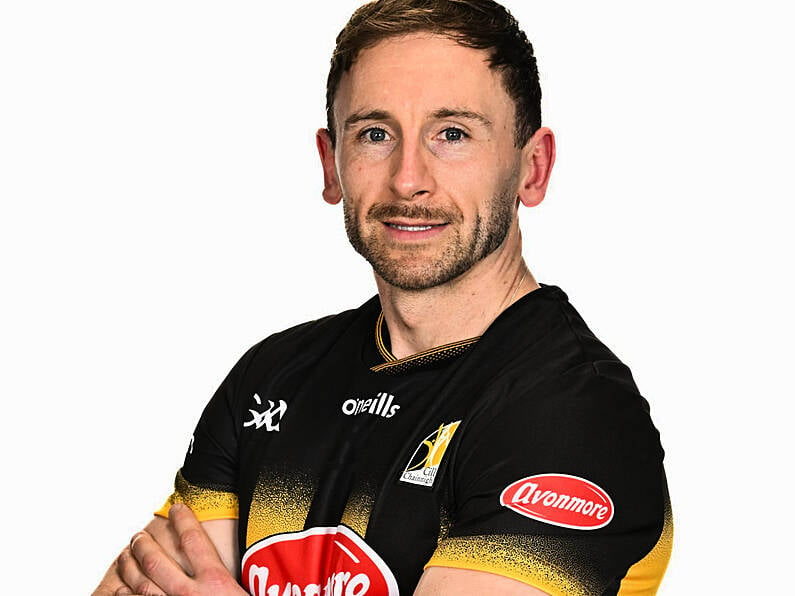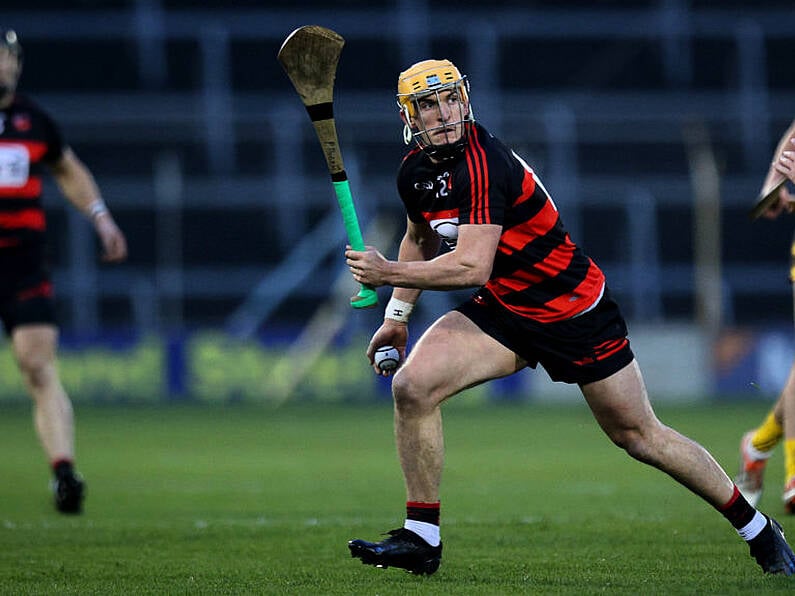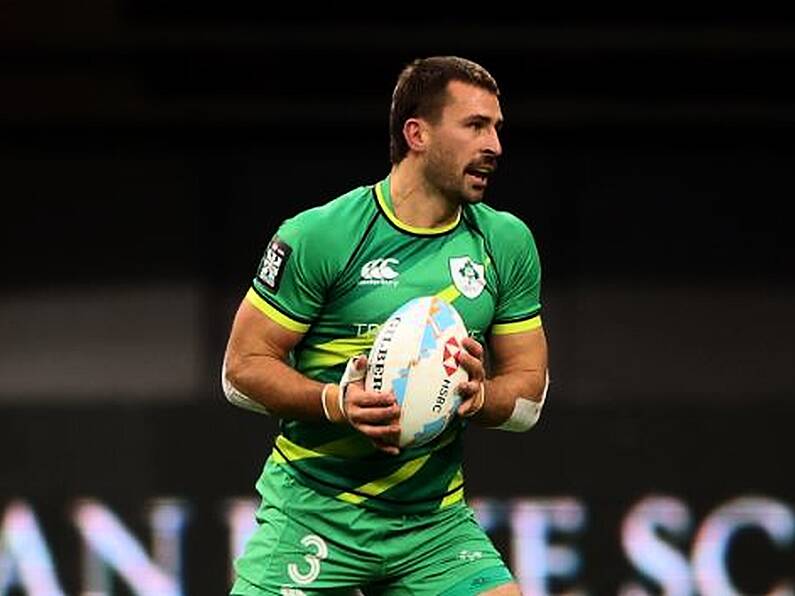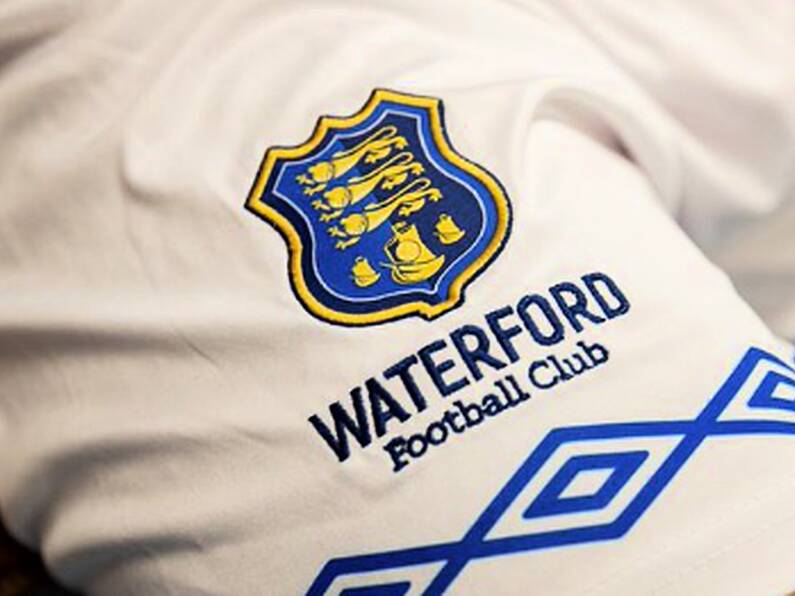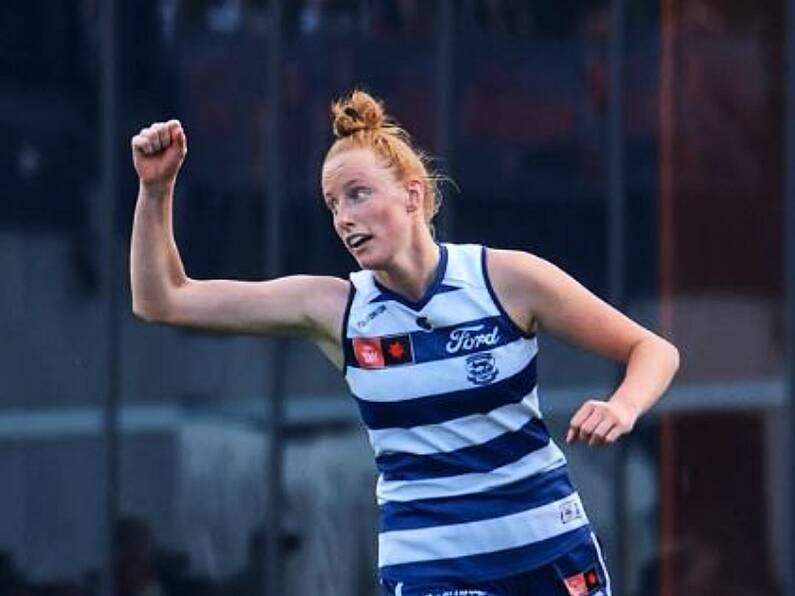Jamie Gardner, PA Chief Sports Reporter
LGBTQ+ visitors to Qatar for the World Cup could be left open to “gay-bashing” attacks from locals with the security forces lacking the resources to protect them, a Qatari human rights campaigner has said.
Concerns have been raised over what sort of treatment visiting members of the LGBTQ+ community will receive from the authorities in a country where same-sex relationships are criminalised.
However, Dr Nasser Mohamed, who is from Qatar but who was granted political asylum in the United States five years ago over fears he would face persecution in his homeland as a gay man, believes the biggest threat to LGBTQ+ supporters will not come from the security forces but instead from a local population who he thinks are effectively “trained” to attack such people.
Asked whether he expected the authorities to show more latitude and leniency towards Western behaviour during the finals, Dr Mohamed told the PA news agency: “Qatar cares about its public image so much, it’s really intense to see how far they would go to protect that façade.
“I think (the security services) will be well-behaved for the most part. They can’t go hunting LGBT people, they just don’t have the resources to do it.
“But what worries me is that they don’t have the resources to protect them either. I’m worried about them being gay-bashed, because you’re now bringing LGBT fans to a bubble that is trained to gay-bash and has not seen LGBT visibility before and would perceive it as an attack.
“I really don’t think there are going to be people to protect them if they do get attacked, so I really worry more about the public attacking them than the officials attacking them.”
Qatar World Cup organisers have stressed all supporters will be welcome in the country, but public displays of affection even between heterosexual couples are not part of the local culture.
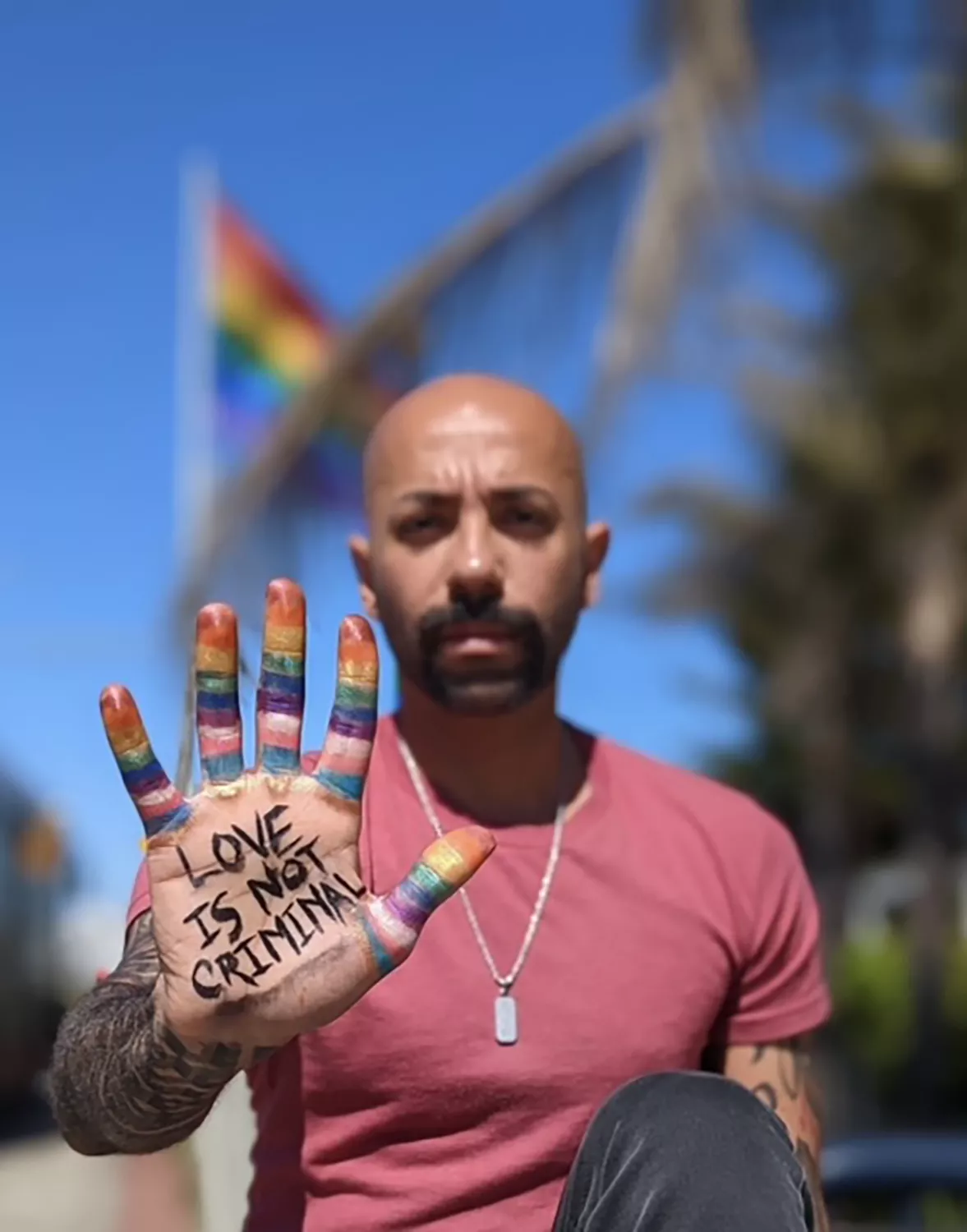
Hassan Al Thawadi, the secretary general of the Supreme Committee for Delivery and Legacy, speaking to Gary Neville on this subject on his recent Overlap YouTube series, said: “The simple fact is everyone’s welcome. But the nature of being a good guest is always to understand the country that you’re visiting and appreciating the differences in values that we may have.”
Dr Mohamed, who is in touch with around 50 individuals or groups from the LGBTQ+ community within Qatar, is convinced that the authorities will launch a “cleansing” of LGBTQ+ influence in the country after the World Cup, which starts on November 20th.
“Qatar is pretending to be this really tolerant, welcoming, accepting society,” he said.
“The leverage they’re willing to give, even for one month, to expats and visitors and fans is something that would never be extended to us.
“There are talks about cleansing basically, post the World Cup, cleansing the country of Western influence, which to us means doubling down on how strict they have been to us, and it’s pretty frightening to be honest.
“I do think that the way they would retaliate to the LGBT conversation would be mostly on us locally at home after the games, which is why I’m trying to summon attention, help and resources.”
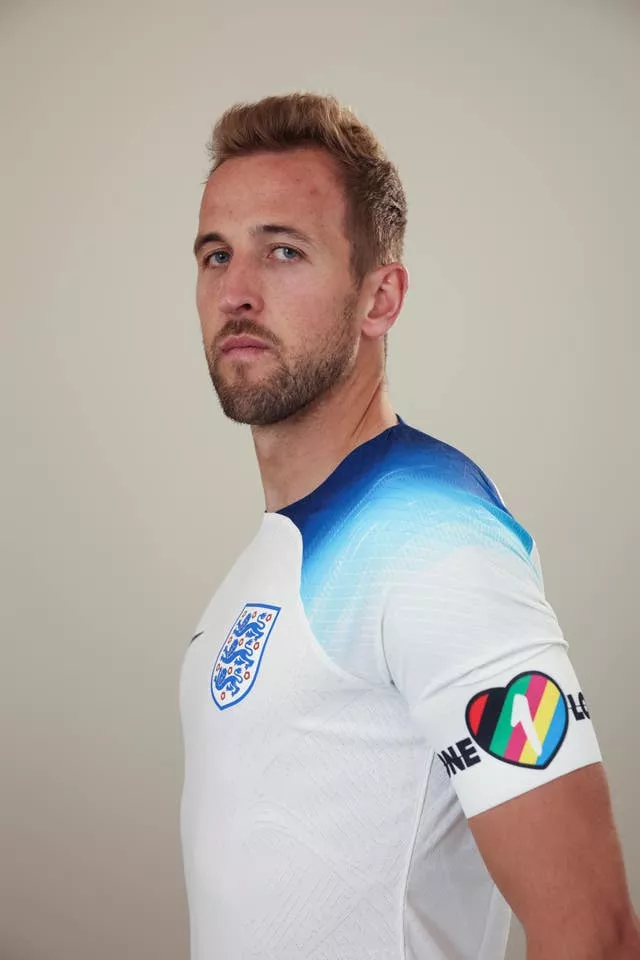
Dr Mohamed says the OneLove anti-discrimination campaign involving 10 European nations – nine of whom have qualified for the finals – feels like too little too late and urged all of those involved in the tournament to do more.
Captains of those nations are set to wear OneLove armbands in finals matches, although Fifa has yet to grant approval to wear them.
Dr Mohamed claims suppression of the LGBTQ+ community in Qatar is “state-sponsored”, with individuals being forcibly enrolled onto conversion therapy programmes operated by the Qatari state, and says practical support for the community is needed now.
“As an LGBT person, when I see these teams wearing the OneLove band (I think) ‘that’s fantastic, now I need to know what else comes with wearing this band?’” he said.
“What help can we get, what resources? Are you going to connect me to LGBT organisations in your home country to take some of the LGBT refugees out if they’re not safe in Qatar?
“Are you going to give us some funding so we can actually fight back, because we get completely cut off when we try to step out.
“I think the OneLove band is something that should have happened a year ago, so that we can begin walking the walk now. We need more action from you.
“It’s like ‘you just started to care? Is that where we are two months before the World Cup?’
“We really need to be action-oriented at this point – what actions will be taken and why. Wearing a band is just flat – is that as far as you could go? It’s really disappointing in a way.”


